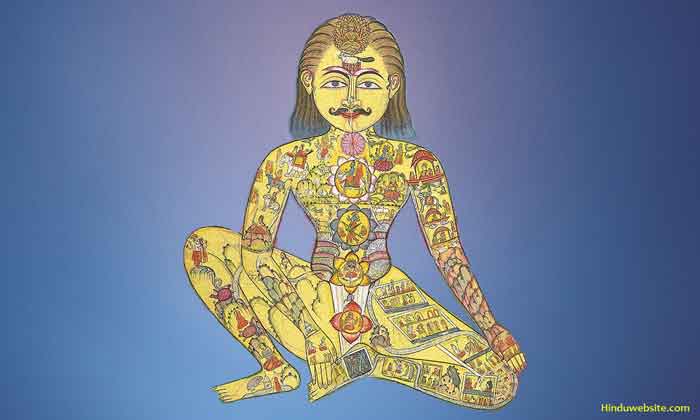
The Meaning and Concept of Manava in Sanskrit

Manava in Sanskrit means a man or a human being. Etymologically it means related to or a descendent of Manu, the progenitor of all humans. In Hinduism it has a much deeper, philosophical meaning. The word is produced by the combination of ma + anava. Ma refers to the Mother or Maya or the mother who gives birth to you. Anava refers to ego or the limited being. Thus, manava means a limited being with ego who is created by a mother, Maya or the Mother Goddess. Anava (ego) is one of the triple impurities which bind us to the cycle of births and deaths. The other two are attachments (pasa) and delusion (moha). When anava is mixed with destructive nature (da), one becomes a danava. When it is mixed with delusion (ma), one becomes a manava. When one is free from anava, maya and destructive nature, one becomes a deva, a protector.
Although, they are impure by nature and limited in their abilities, human beings occupy a unique place in God's creation. Of all the various classes of beings created by God, only humans are capable of achieving liberation through self-effort. They are able to do it because they possess intelligence and self-awareness inside a living body which is made up of all the tattvas of Nature and a replica of the material body (the universe) of God himself as the Cosmic Being (Purusha). The main difference between them is that Purusha is a pure being and humans are not. By overcoming the impurities, they can return to their divine nature.
The synonyms of manava are manishi, nara, nahushya, purusha, pumsa, purusha pasu and thanubhuta. The antonym is amanava.
Suggestions for Further Reading
- The Meaning and Concept of Arya
- Asvins, the Hindu Gods of Healing and Medicine
- Atma, Atman, the Eternal Soul
- Attachments (Pasa) and Human Behavior
- Meaning and Definition of Bhagavan
- About Ayurveda - Traditional Medical Science of Hinduism
- The Concept of Chakras or Energy Centers Of The Human Body
- What is Citta or Chitta?
- What is Dhyana? Definition...
- Jnana, Right Knowledge in Hinduism
- A Glossary of Karma and Related Words and Concepts
- The Meaning and Significance of Namaskar or Namaste
- The Concept of Nirvana
- The Concept of Swasti or Wellbeing
- Samsara or the Transmigration of Souls
- Essays On Dharma
- Esoteric Mystic Hinduism
- Introduction to Hinduism
- Hindu Way of Life
- Essays On Karma
- Hindu Rites and Rituals
- The Origin of The Sanskrit Language
- Symbolism in Hinduism
- Essays on The Upanishads
- Concepts of Hinduism
- Essays on Atman
- Hindu Festivals
- Spiritual Practice
- Right Living
- Yoga of Sorrow
- Happiness
- Mental Health
- Concepts of Buddhism
- General Essays